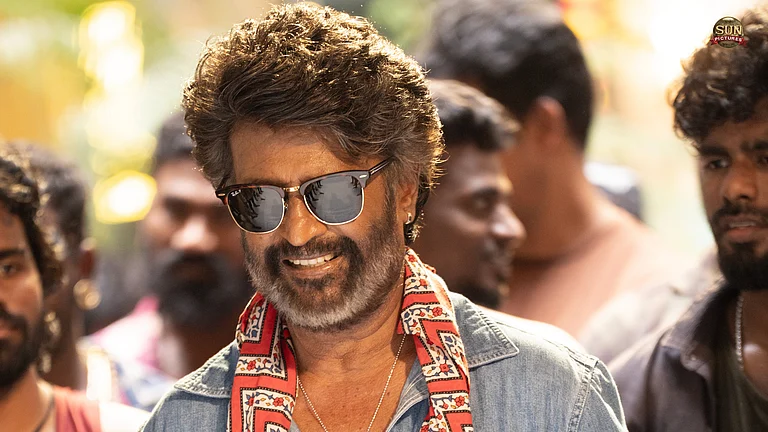In full honesty, Aves—a young man writing all this down in his pocket notebook—wonders if “it is possible to teach without harming the learner” and whether fear is at all helpful to learning. Palayam Anna isn’t buying any of this city-fragility and uses the term ‘land teacher’ to separate what he calls ‘sea teacher’—a simple way of saying, “Get lost, man!” On land, that firm, solidly unmoving terrain, learning, unlearning, self-care, self-love—all become talismans of assured living. On the sea, which is unpredictable, and neither firm nor solid, life is the only thing that matters—life, and returning to it. It’s here that mixing one wind name with another can cost you your life.




